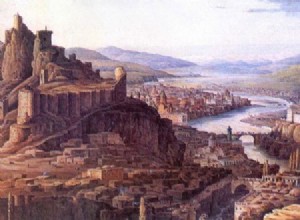Submarines, however, were by no means the only danger faced by merchant ships of the English Navy. From the first week of the war, some were sunk or damaged by mines of a new type, with magnetic influence, against which the English still had no response. However, on November 23, a German plane was t




